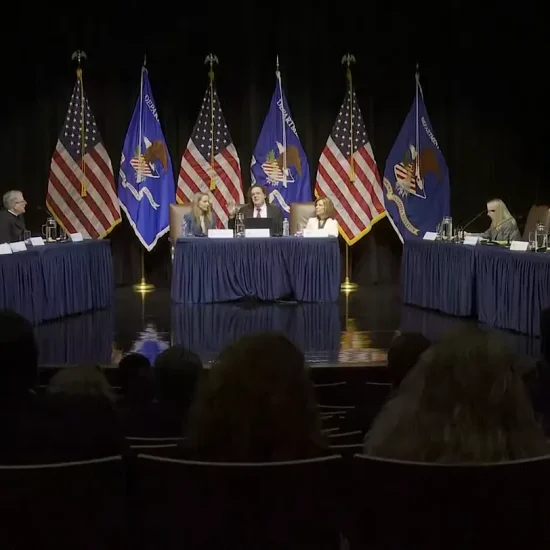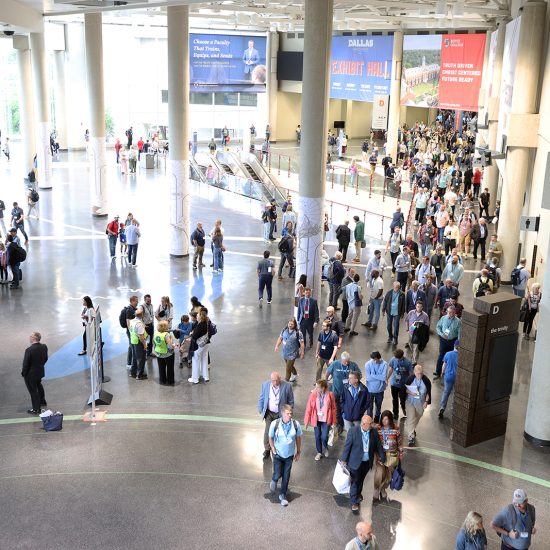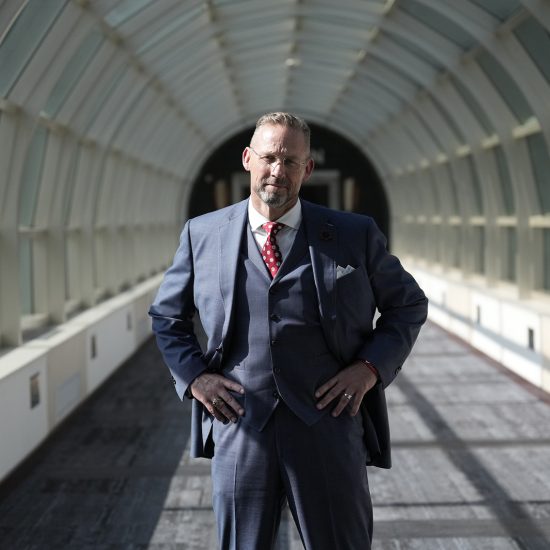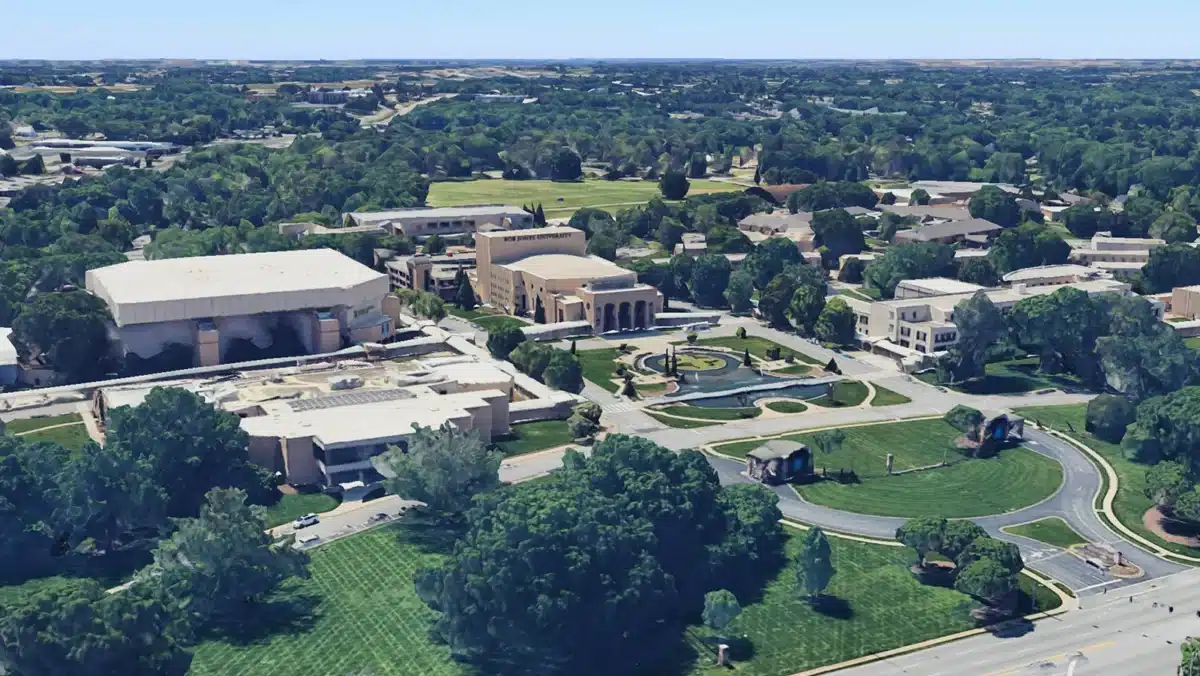
(RNS) — Even when Steve Pettit resigned as president of Bob Jones University in April after citing a dysfunctional board, he had only glowing things to say about the historically fundamentalist South Carolina school.
“There’s no question to me that God brought Bob Jones into existence and it’s his school and God’s going to accomplish his will through it,” Pettit told a Greenville, South Carolina, news outlet in June. “I think the future of the school is bright.”
But some former faculty and students have a less flattering perspective to share.
There’s the student who said she was interrogated and disciplined after her boyfriend gave her a side hug.
There’s the faculty member who claims she was given an ultimatum and eventually resigned after refusing to let teachers at the school-sponsored day care spank her 2-year-old.
There’s the student who reported hiding in his closet on Sunday mornings to avoid being punished for skipping church.
And there’s the student who, after coming forward with allegations of being repeatedly assaulted by a graduate student at the school, said she was questioned by administration about what she had been wearing at the time.
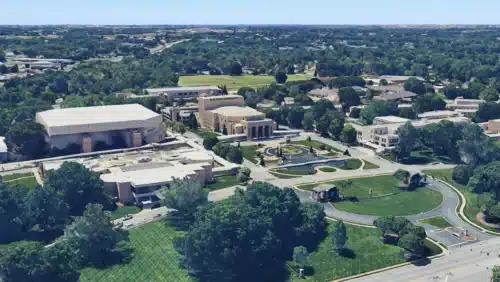
A 3D rendering from satellite imagery of the Bob Jones University campus in Greenville, S.C. Image courtesy of Google Earth
A new podcast based on 19 interviews, “Surviving Bob Jones University: A Christian Cult,” aims to bring these and other stories to light, showing how alleged patterns of conformity, isolation, information control, and surveillance impacted members of the Bob Jones ecosystem. Found on Spotify and Apple Podcasts, the series has already gained over 20,000 listens. Though the use of the word “cult” is provocative — and many religious scholars argue against using the word at all — Andrew Pledger, a former Bob Jones student and the host of the podcast, contends that the university, known for banning interracial dating into the 21st century, has long been steeped in controversy. The university did not respond to requests for comment.
As a closeted gay student, Pledger was wary when he arrived at Bob Jones’ pointed iron gates in 2018. But as a child of the Independent Fundamental Baptist church — where women wore skirts, the end times were a looming threat and students learned that evolution was a myth — his parents would only help pay for a college that aligned with their values.
While Pledger was no stranger to rules, he quickly realized the Bob Jones handbook goes beyond the bans on alcohol and nonmarital sex typical of other Christian universities. According to the 2023-2024 student handbook:
- Students are barred from any physical contact between unmarried men and women, though “Side hugs are permitted for photographs.”
- Students are instructed to avoid rock, pop, jazz, country, and rap music, which have “the markers of our current corrupt culture.”
- Dance with “expressions of worldliness or sexually provocative nature” is prohibited.
- Students are not permitted to view movies with higher than a PG rating.
- Students must wear “conservative business casual” attire to class.
- Student rooms are checked three times a week.
- BJU reserves the right to monitor all network activity on student computers.
- Students are expected to attend a church approved by the school and record their weekly church attendance online.
- “Same-sex dating” or advocating for such dating is banned.
Pledger found the rules stifling, especially as someone wrestling with faith and sexuality. He recalls hiding in his closet each Sunday to avoid attending a BJU-approved church, crouching behind his hamper until his room had been checked. He’d also disconnect his devices from the internet because, he explained, “if I’m on the internet during the time I’m supposed to be in church, I’m gonna get in trouble.”
Bob Jones’ rules are an extension of the school’s theology, which emphasizes the importance of expelling sin from daily life.
“Holiness entails separation from the godless ‘world’ system (1 John 2:15–17; Ezra 6:21) by discerning where one’s culture reflects evil values,” the 2022-2023 BJU handbook says. “By living holy, separated lives, we publicly proclaim that only He (God) is worth loving and following.”
A few months before he would have graduated, Pledger definitively rejected the BJU brand of holiness. In a video interview with “exvangelical” Josh Harris, a former purity culture celebrity, Pledger rejected fundamentalism and came out as gay. Less than two weeks later, he was expelled.
“They shunned me,” Pledger said. “I lost all my jobs at Bob Jones. I lost so many friends, I literally had to start my life over from scratch. I lost everything. I didn’t matter to them anymore.”
If you ask Pledger, it’s not just the rules that make Bob Jones unique; it’s how they’re enforced. Several guests on the podcast describe a “snitching culture” where students are expected to police their peers for violations. If they fail to report a rule breaker, they are equally guilty.
Though the handbook encourages students to “lovingly hold one another accountable,” Camille Lewis, a former BJU faculty member who is interviewed on the podcast, did not experience the vigilant culture as loving.
Lewis told Religion News Service that as an employee in the ’90s and early 2000s, she would hide with her husband, who was also on faculty, in the back bedroom of their on-campus house during chapel services so no one would see they were home. Even when they moved eight miles off campus, “we would still not sit in the living room with the light on, just in case someone drove by and saw we were home and not at a Bible conference meeting,” she told RNS.
The oversight escalated in 2006 when Lewis received a memo from the campus day care requesting to spank her 2-year-old. She declined to give permission and the situation intensified, with questions about her theology of sin. Eventually, Lewis said the university president told her the disagreement would lead to a “parting of ways.” Lewis and her husband ultimately resigned.
Erin Burchwell, another podcast guest, grew up — literally — on the Bob Jones campus. Born to two BJU faculty members in 1979, she spent most of her life there until she graduated from the university in 2001.
“They had their own dry cleaners, their own post office. Everything you needed. Most faculty and staff could only afford to eat at the dining hall three meals a day,” Burchwell told RNS. “You had to use their doctors for your health insurance and their hospitals. So most faculty kids were born on campus.”
Burchwell described Bob Jones as a “subculture” that “infiltrates” families and churches, creating generations of parents who see the school as the only legitimate choice. Those inside the Bob Jones community had few connections with what she called “the outside.”
When Burchwell started as a freshman at Bob Jones in 1997, she said, she was sexually assaulted regularly by a graduate student training to become a pastor. During her junior year, she and her parents shared her allegations.
“At 20 years old I had to sit in the dean of men’s office with the dean of men, dean of students, and both my parents, and had to read out loud this thing that happened to me. And then at the end of that, one of them said, wow, you have excellent grammar. And then the other one said, and what were you wearing when these things happened? And he started questioning my attire, and then said, did I understand how guys’ brains work?”
When Burchwell’s alleged perpetrator and his family threatened to sue her, she agreed to stay silent. But in 2014, after Bob Jones fired GRACE, an independent watchdog group the school had hired to investigate sexual abuse allegations at the university, Burchwell came forward in The New York Times as a participant in the investigation. Though the school eventually rehired GRACE and issued a report, Burchwell said that to her knowledge, Bob Jones has avoided most of GRACE’s recommended changes. She added that after she spoke to the media in January 2014, her father was fired from Bob Jones one month later, after 42 years, without explanation.
While Burchwell told RNS she agrees that Bob Jones fits the “academic definition” of a cult, she’s hesitant to use the word because it can alienate those still connected to the university.
Many religious scholars have long contested the use of the word “cult,” saying it has been misused to dehumanize believers as passive and brainwashed, to create unhelpful boundaries between “good religion” and “bad religion” and to signify groups as targets for government surveillance and even violence.
Podcast guest Rachel Bernstein, a therapist who is on the advisory board for the International Cultic Studies Association, told RNS she thinks Bob Jones does qualify as a cult because of what she described as unquestioning loyalty to presidents and administrators, the school’s insular nature, its adversarial approach to the outside world, black and white thinking, restrictions on beliefs and lack of privacy.
“I find that it is good to use the word cult when it qualifies as such so you know what you’re dealing with,” she said.
As the podcast continues to gain traction, Lewis told RNS she hopes the firsthand accounts will give listeners a clearer picture of life at Bob Jones and prompt them to think twice before attending. “The tattling, the isolation, and the control is the same,” said Lewis. “I think it would be better for people to go to a different place and learn that God isn’t just at Bob Jones.”


